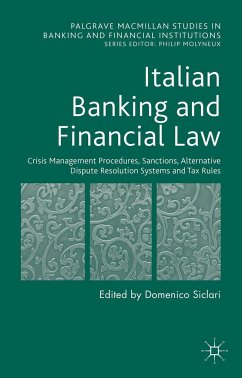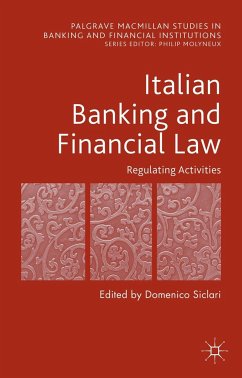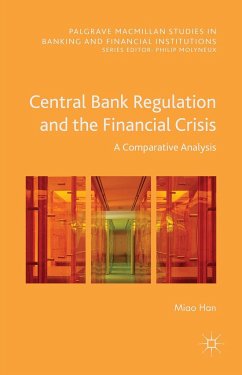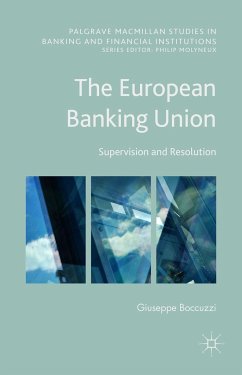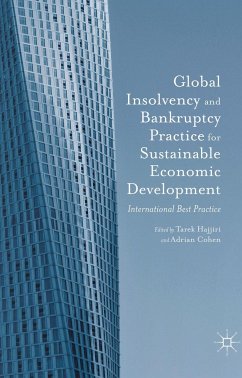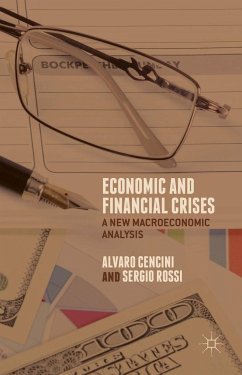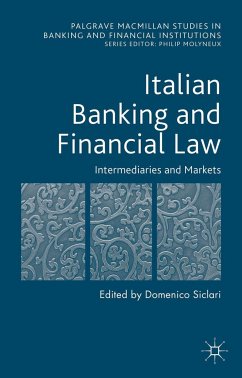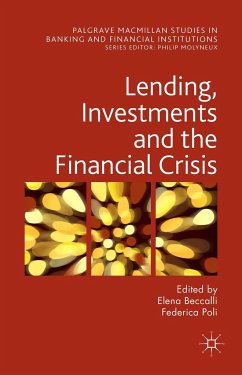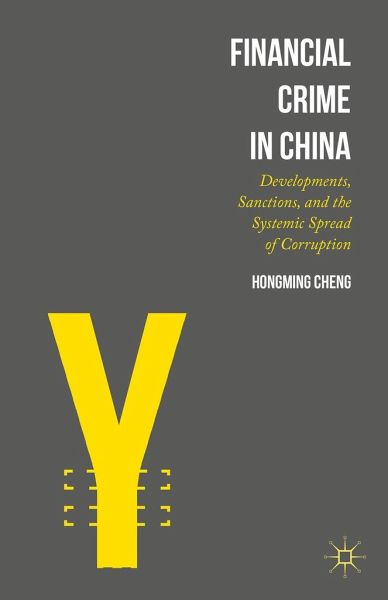
Financial Crime in China
Developments, Sanctions, and the Systemic Spread of Corruption

PAYBACK Punkte
38 °P sammeln!
Given China's rapid development, many observers assert that world economic growth and key economic indicators are now depending on the country alone, including the prospects of the dollar, the Euro, oil prices, industrial commodities, global equity markets and bond prices. On the other hand, China faces a number of major social and economic challenges which could undermine future growth, such as prevalent corruption, financial crime, and the relative lack of the rule of law.Financial Crime in China builds upon original research into the topic and offers a never-before-seen look at the systemic...
Given China's rapid development, many observers assert that world economic growth and key economic indicators are now depending on the country alone, including the prospects of the dollar, the Euro, oil prices, industrial commodities, global equity markets and bond prices. On the other hand, China faces a number of major social and economic challenges which could undermine future growth, such as prevalent corruption, financial crime, and the relative lack of the rule of law.
Financial Crime in China builds upon original research into the topic and offers a never-before-seen look at the systemic spread of state-controlled corruption in the form of bank fraud, securities fraud, insider trading, and Ponzi schemes. Cheng presents an authentic picture of financial crime in China by identifying the latest manifestations, analyzing empirical data and case studies, and drawing conclusions about the origin, characteristics, dynamics, and developmental features of financial criminality in the context of political economy.
Financial Crime in China builds upon original research into the topic and offers a never-before-seen look at the systemic spread of state-controlled corruption in the form of bank fraud, securities fraud, insider trading, and Ponzi schemes. Cheng presents an authentic picture of financial crime in China by identifying the latest manifestations, analyzing empirical data and case studies, and drawing conclusions about the origin, characteristics, dynamics, and developmental features of financial criminality in the context of political economy.





